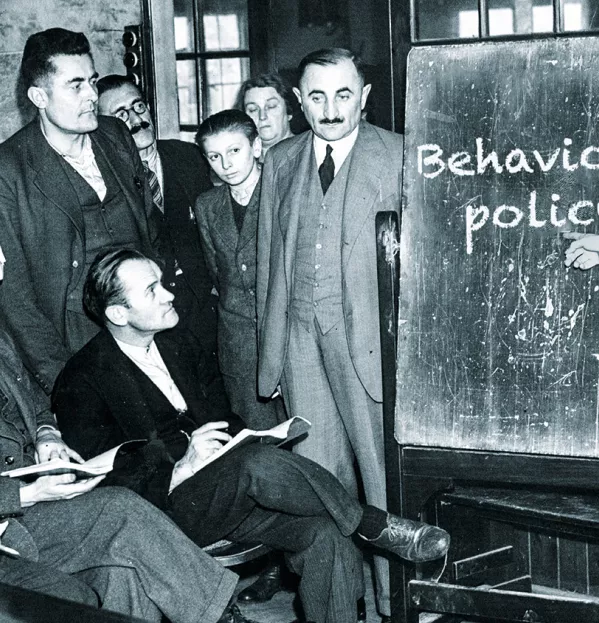Let’s start with an easy task. Think of the induction you received when you started the post you’re in now, and score it out of 10.
Easy, right? Hopefully it’s at least a 7/10, but, unfortunately, some of you out there will not have had an induction in your current job at all.
It is also common for teaching assistants and other support staff to receive no form of induction beyond a rudimentary “Welcome. The toilets are over there; this is where you go if there’s a fire; and you’ll figure the rest out as you go along.”
I remember one evening in my first few weeks as a deputy head, walking past the conference room and seeing all the new staff in there looking expectant, so I nosily popped my head around the door. “Anything interesting going on?” I asked, to be met with “Just doing induction for new staff” from the other deputy. I asked: “What about me? I’m new.” I hadn’t received an invite. I was surprised to be told that deputies didn’t need induction.
Presumably it was decided that I already knew it all, but, as anyone who knew me then or now can attest, that was and is far from the truth.
Values and ethos
A failure to properly induct staff can be particularly damaging for behaviour. School leaders do new members of staff a serious disservice - don’t forget, some of them will be new to the profession - if they expect colleagues to understand the intricacies of school behaviour policies without proper initial training.
Colleagues who are working with the most vulnerable children - those who find school a difficult place to be successful (which can sometimes manifest itself in behavioural difficulties) - need to be supported by more than a pat on the back and a hearty “you’ll figure it out as you go along”.
Induction also needs to be so much more than an operational briefing on how the online reporting system works, the minimum number of stripes that must be visible on a student’s tie, and how to put kids in detention. It should start with the values and ethos of the school. It needs to leave new staff in no doubt about the kind of community the school is trying to create, how staff can support those aims and what they need to do to help it grow further.
After a number of years as a head, I was content with some things, but came to a niggling realisation that I had made a clanger with behavioural induction. I had expected newer staff to pick up by osmosis all that had gone before. I had failed to realise that newer staff wouldn’t, couldn’t, understand the journey we’d been on, nor why we had ended up doing things the way we did. Don’t make the same mistakes I did.
Jarlath O’Brien works in special education in London. His book, Better Behaviour: A Guide for Teachers, will be published in May
